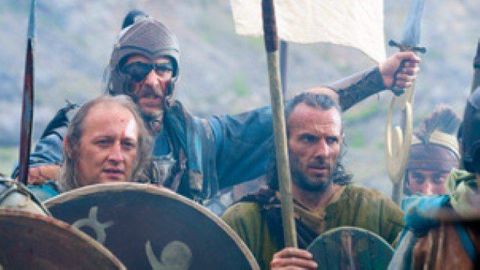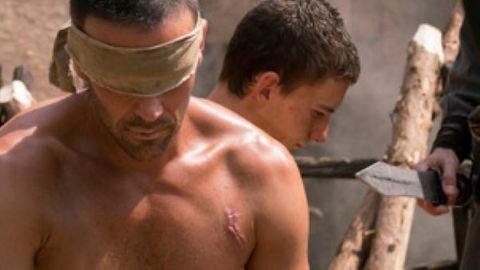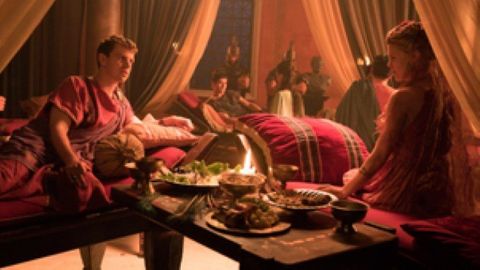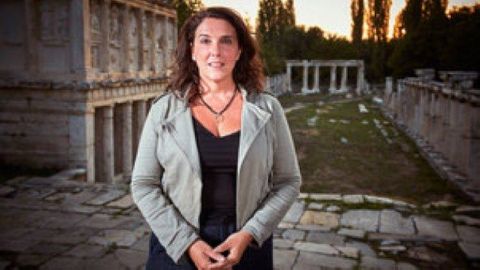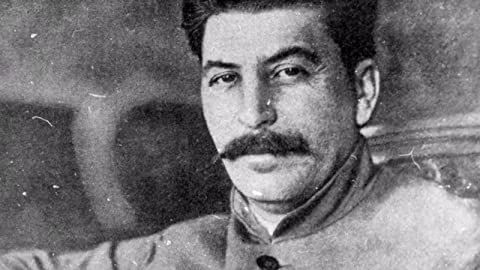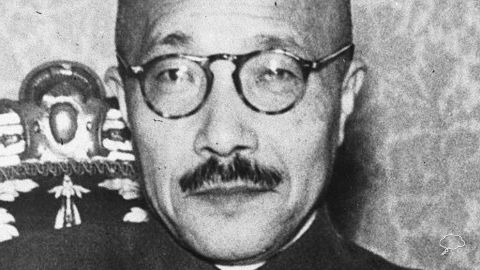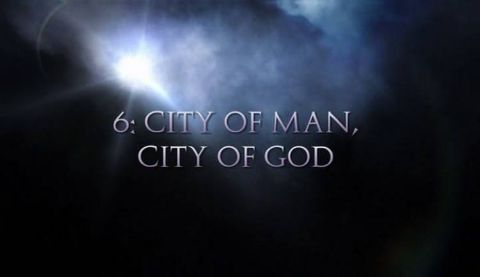The Spartacus Revolt • 2017 • episode "S1E2" • Eight Days That Made Rome
In 73 BC, Spartacus broke out of gladiator school and started the most terrifying slave revolt in Rome's history. Visiting Pompeii, southern Italy and the British Museum, Bettany explores the importance and appalling reality of slavery in ancient Rome and how the revolt played a major role in shaping Rome's political future. She also reveals that not all of Spartacus's followers were slaves.
Make a donation
Buy a brother a hot coffee? Or a cold beer?
Hope you're finding these documentaries fascinating and eye-opening. It's just me, working hard behind the scenes to bring you this enriching content.
Running and maintaining a website like this takes time and resources. That's why I'm reaching out to you. If you appreciate what I do and would like to support my efforts, would you consider "buying me a coffee"?
Donation addresses
BTC: bc1q8ldskxh4x9qnddhcrgcun8rtvddeldm2a07r2v
ETH: 0x5CCAAA1afc5c5D814129d99277dDb5A979672116
With your donation through , you can show your appreciation and help me keep this project going. Every contribution, no matter how small, makes a significant impact. It goes directly towards covering server costs.
